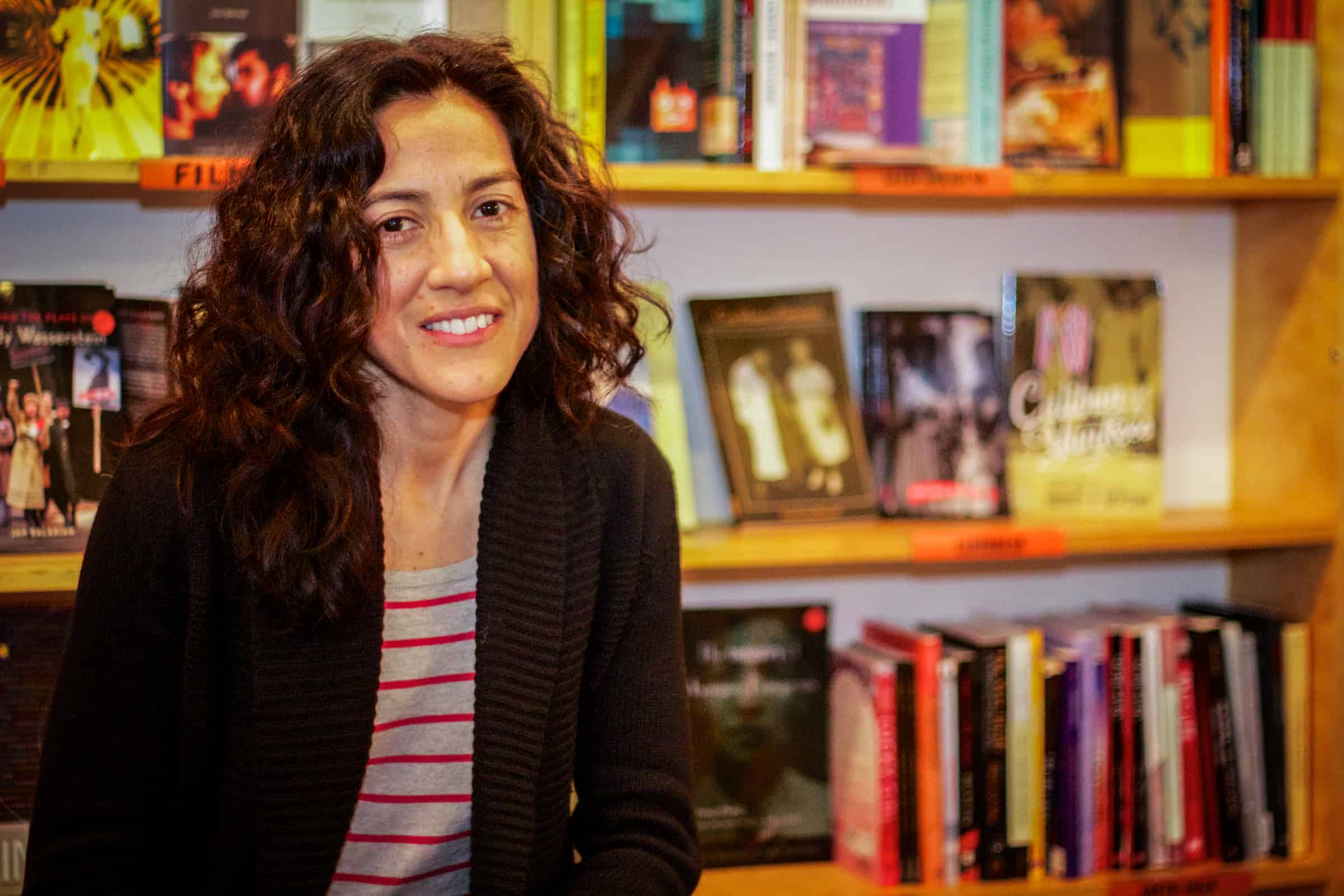On November 30, the Toronto Women’s Bookstore will close its doors after 39 years of business on Harbord Street.
“The bookstore was founded in 1973, and it grew out of a need for women’s voices, books written by women, for women, and about women,” explains Victoria Moreno, the store’s owner.
“There was a great need for this at the time and initially it did really well. At first, it was just one shelf of reference books, and the women who started it realized there was a significant need and started a bookstore. [The store has] always had its struggles, up and downs … even survived fires.”
Moreno took over the store in August 2010, but has a long history of involvement with the bookshop, having worked there on and off since she was 19.
Since it’s founding, the Toronto Women’s Bookstore has expanded its repertoire of content. “It’s considered a community bookstore with [an] emphasis on anti-oppression: social justice, women’s rights movements, children and parent family books, queer fiction, non-fiction,” Moreno says. “It’s a broad base, but it’s a left-leaning bookstore, so it’s not something you can necessarily find on the shelves at Indigo.”
In Moreno’s time at the store, she’s observed a declining connection to the surrounding community. Although the shop is right on campus at Harbord and Spadina, Moreno doesn’t feel that the Women’s Bookstore is particularly connected to U of T, with only a few course orders each year from professors who want to support the store.
“The bookstore has had a lot of people who have supported it in the past, but in the past two and a half years, not many people have come through the door,” she notes. “I’m not blaming anyone for it. It’s obviously a sign of the times and how people are perhaps buying differently, reading differently, and [it’s also a sign of] a change in the way we socialize.
“So, there have been obviously the few who come in regularly who have been supportive, but it’s a reality of independent bookstores that it’s hard to sustain [a business].”
A popularly cited reason for the plight of independent bookstores is the introduction of e-books, which are cheap and eliminate the need to physically walk into a store at all. Moreno also points to large bookstores and online shopping as factors that are contributing to the decline of independent bookshops.
“It’s not just e-books; it’s Amazon, it’s Indigo. With such big box stores, you can find almost anything online, and when you’re in an economy such as we are, it’s really a challenge to compete with them, even if we were online.
“Student’s don’t have the money, so when they’re opting to buy, if something is retail $20.00 and online you can find it used or half-priced, that’s the route they’re going to choose. I think it’s a combination of all those things [that is] affecting the independent bookstore industry, and even the publishing industry. It’s all been affected by technology, not just bookstores but also art and music.”
To revitalize the independent bookstore industry, Moreno believes there needs to be an effort made from both consumers and store owners.
“I think it’s really important for everybody to continue to support independents,” she says. “Independent bookstores definitely have to move with the times and get online and do all that as well.”
Moreno explains that the Toronto Women’s Bookstore has not opened an online shop due to the cost involved. With the remaining stock, she plans to have a sale, return whatever is returnable (unfortunately only a nominal amount) and possibly establish a reference section in a local community centre with any books that are left over.
Moreno is currently working on a documentary about the Toronto Women’s Bookstore, which will look at both the store’s history and its final month on Harbord. The film is tentatively titled The Final Chapter. Yet when it comes to her own future, Moreno is uncertain as to what lies in the years ahead.
“I’m sort of overwhelmed with what’s involved in dismantling this 39 year operation, so it’s been an emotional roller coaster and it’s been heart-wrenching,” she says. “I will definitely rest and I’m not certain what I’ll do next, but I’m open to job offers!”
Moreno’s lease on the store goes until August 2014, so she is also currently seeking a sublease on the property.
Although in recent years traffic through the door has been slow, Moreno maintains that the Toronto Women’s Bookstore has made a significant contribution to the community.
“It’s provided a voice and an empowerment and a safe, comfortable space to be who we are and to challenge the norms and to challenge the politics. That’s what it’s meant for. It’s been a community hub in its time.”


